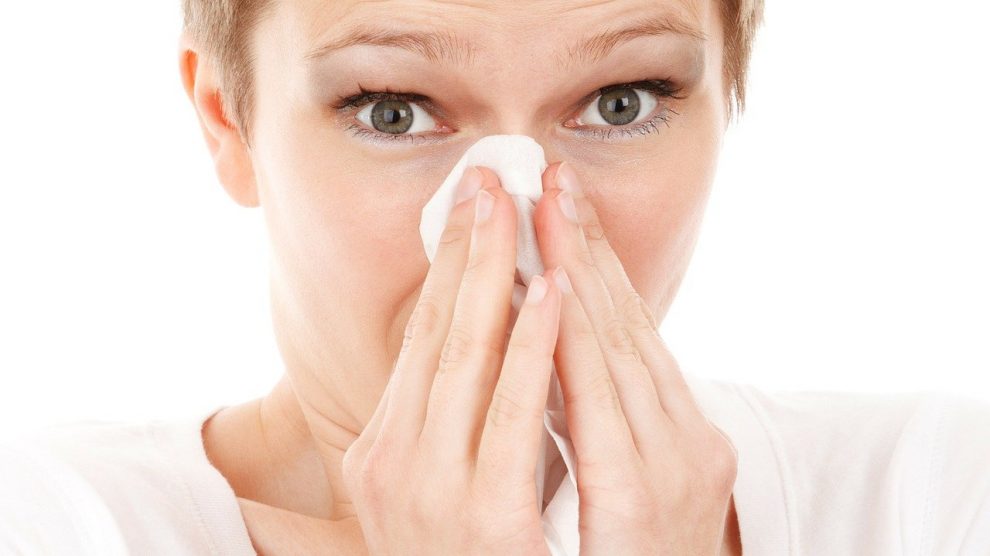As restrictions have lifted and children have returned to school, people have recently been suffering the “worst cold ever”, listing symptoms that persist for weeks, including a sore throat described as “sandpaper throat”.
As coronavirus restrictions significantly reduced social contact, common colds and flu were virtually non-existent for more than a year.
Local doctors have commented, “We’ve actually been seeing a rise in the number of coughs and colds and viral infections. We are mixing in a way that we haven’t been mixing over the past 18 months. During those first lockdowns, we saw numbers of other [non-Covid] infections fall. We think that that was primarily due to the restrictions on meeting up.”
The World Health Organisation’s have suggested that global cases were “at lower levels” than predicted for this time of year, despite fears of mass outbreaks. However, with winter approaching, the situation could get worse.
The flu vaccine is offered every year on the NHS to help protect people at risk of getting seriously ill from flu. On the NHS Website it says,
Flu vaccination is important because:
- more people are likely to get flu this winter as fewer people will have built up natural immunity to it during the COVID-19 pandemic
- if you get flu and COVID-19 at the same time, research shows you’re more likely to be seriously ill
- getting vaccinated against flu and COVID-19 will provide protection for you and those around you for both these serious illnesses
If you’ve had COVID-19, it’s safe to have the flu vaccine. It will still be effective at helping to prevent flu.
Local schools have started to offer parents the opportunity for their children to have the children’s nasal spray flu vaccine.
The nasal spray flu vaccine is free on the NHS for:
- children aged 2 or 3 years on 31 August 2021 – born between 1 September 2017 and 31 August 2019
- all primary school children (reception to year 6)
- all year 7 to year 11 children in secondary school
- children aged 2 to 17 years with long-term health conditions
If your child is aged between 6 months and 2 years and has a long-term health condition that makes them at higher risk from flu, they’ll be offered a flu vaccine injection instead of the nasal spray.
As with all vaccinations it is down to your personal choice on whether you choose to have them or not.
If you feel newly unwell, especially if you’re suffering from any of the common COVID symptoms, you should stay home and get a COVID test, even if you’ve been vaccinated.





















